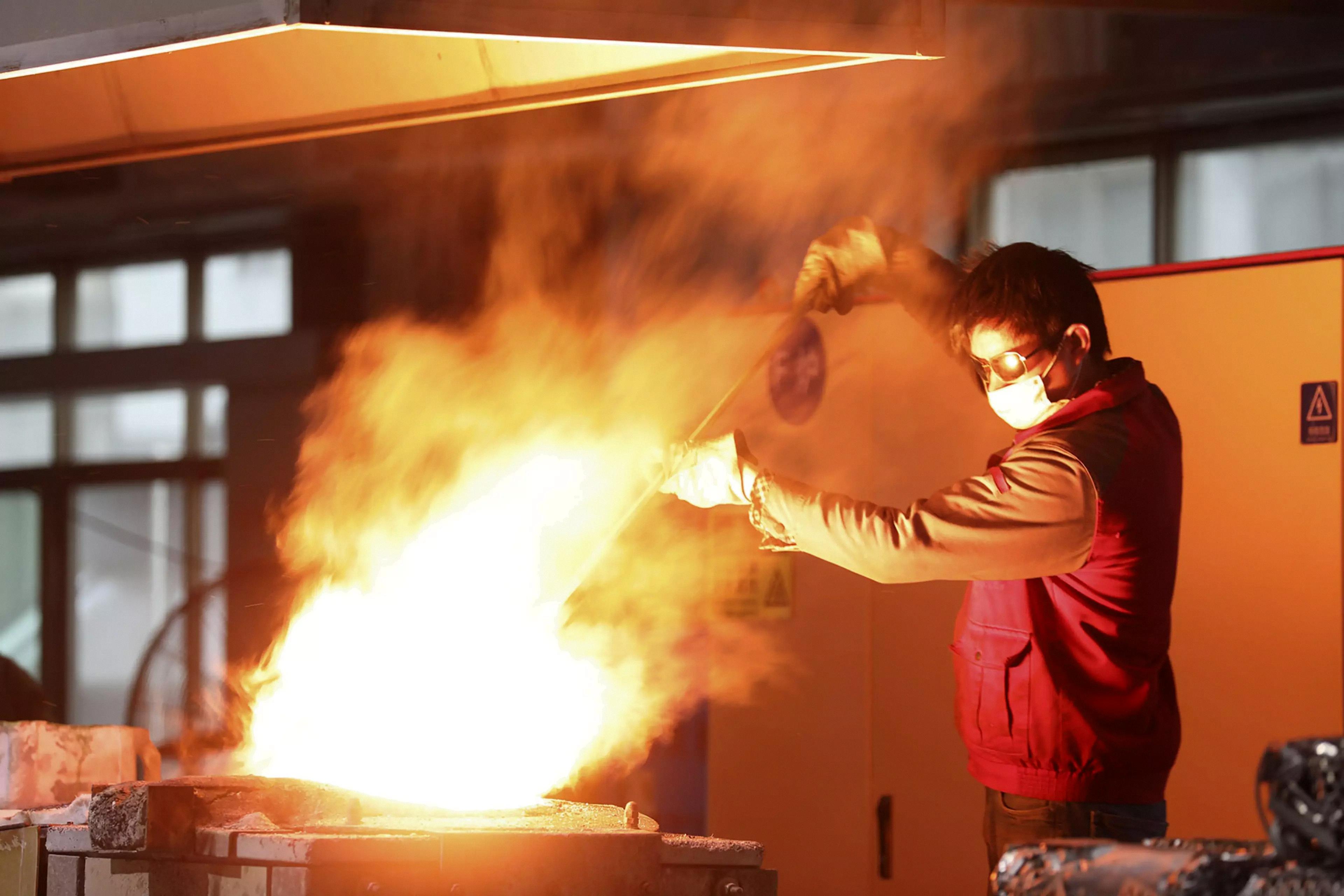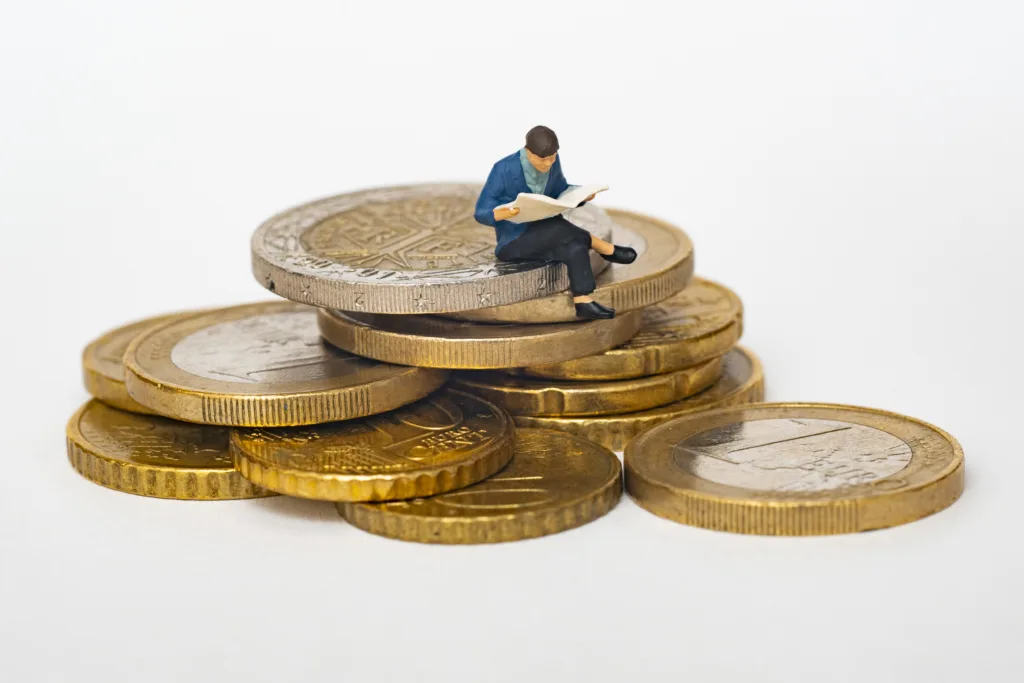Exchange of goods and services is an integral part of any economy. It involves the transfer of ownership of goods or services in return for something of value, usually money. In a free market economy, this exchange is unregulated, meaning that the government does not intervene in the process. The free market system is based on the principles of supply and demand, which determine the prices of goods and services.
In a free market economy, buyers and sellers are free to engage in transactions without any interference from the government. The prices of goods and services are determined by the forces of supply and demand, which are in turn influenced by a variety of factors such as consumer preferences, production costs, and market competition.
The unregulated exchange of goods and services has both advantages and disadvantages. On the one hand, it allos for greater efficiency and innovation in the marketplace. Businesses are free to produce and sell goods and services based on consumer demand, and consumers are free to purchase the products they desire. This competition drives down prices and encourages businesses to innovate in order to stay ahead of their competitors.
On the other hand, the unregulated exchange of goods and services can lead to market failures. For example, some businesses may engage in monopolistic practices, which limit competition and lead to higher prices for consumers. Additionally, some goods and services may have negative externalities, such as pollution or health risks, which are not reflected in their market prices.
In order to address these market failures, governments may intervene in the marketplace through regulation. This can take many forms, such as price controls, subsidies, and environmental regulations. While regulation can be beneficial in some cases, it can also have unintended consequences, such as reducing competition and stifling innovation.
The exchange of goods and services is a fundamental aspect of any economy. In a free market economy, this exchange is unregulated, which allows for greater efficiency and innovation but can also lead to market failures. Governments may intervene in the marketplace through regulation in order to address these market failures, but regulation can also have unintended consequences. Ultimately, the best approach to regulating the exchange of goods and services will depend on the unique characteristics of each economy.
What Is Free Market Capitalism?
Free market capitalism is an economic system in which private individuals own the means of production and operate them for profit. This system is characterized by minimal government intervention and regulation, with the law of supply and demand determining prices and production levels. In a free market capitalist economy, businesses compete with each other to provide goods and services in the marketplace, and consumers are free to choose what they want to buy. This system is based on the idea that individuals and businesses should be free to pursue their own self-interests witout interference from the government. However, critics argue that free market capitalism can lead to income inequality, exploitation of workers, and environmental degradation.

What Are The 4 Main Types Of Economic Systems?
There are four main types of economic systems: traditional economies, command economies, mixed economies, and market economies.
1. Traditional economies: These are based on customs, traditions, and beliefs passed down from generation to generation. Production and distribution of goods and services are determined by the customs and habits of the society. These types of economies are prevalent in rural and remote areas.
2. Command economies: Also known as planned economies, these are controlled by the government. The government decides what goods and services are produced and how they are distributed. In this type of economy, the government owns most of the resources and allocates them based on the needs of the society.
3. Mixed economies: These are a combination of both market and command economies. In this type of economy, the government and private sector work togeher to produce and distribute goods and services. The government regulates and controls some aspects of the economy, while the private sector operates the rest.
4. Market economies: Also known as capitalist economies, these are based on the principles of supply and demand. In this type of economy, individuals, businesses, and organizations produce and distribute goods and services based on market demand. The government does not regulate these economies and the private sector has control over most of the resources.
What Is The Meaning Of Free Market Economy?
A free market economy is a type of economic system where prices for goods and services are determined by the open market and the laws of supply and demand. In this system, there is no government intervention or regulation, and buyers and sellers interact freely without any restrictions. The concept of free market economy emphasizes the importance of individual freedom and choice, and it operates on the principles of competition, profit motive, and self-interest. In this system, businesses are free to produce and sell goods and services, and consumers are free to choose what they buy and from whom they buy it. The free market economy is based on the belief that markets are the best way to allocate resources and that the government should have a limited role in economic affairs. In a free market economy, prices are determined by the interaction of buyers and sellers, and market forces drive economic growth and innovation. However, critics of the free market economy argue that it can lead to income inequality and market failures, and that government intervention may be necessary to correct thse issues.
What Is Capitalism In Simple Terms?
Capitalism is an economic system that is based on the idea of private ownership and control of property, including resources and means of production. The system is driven by the motive of making profits and relies on the demand and supply of goods and services to set prices in a free market. This means that individuals and businesses are free to produce and sell whatever they choose, and buyers are free to purchase whatever they can afford. The aim of capitalism is to maximize wealth and economic growth by encouraging innovation and competition. capitalism is a system whee individuals and businesses are motivated by profit and free to own, produce, and sell goods and services in a free market.

Conclusion
The exchange of goods and services is the backbone of any economy, whether it operates under a traditional, command, mixed or market system. Free market capitalism, in which the market is left to regulate itslf based on the law of supply and demand, is one of the most widely practiced economic systems in the world. In a free market economy, buyers and sellers arrive at prices based solely on supply and demand, and private actors own and control property in accord with their interests. The ultimate goal of any economic system is to serve the best interests of society, and the exchange of goods and services is a crucial component in achieving this goal. As such, it is vital for businesses and individuals to understand the dynamics of the market and how it functions in order to thrive and succeed in a competitive economic landscape.
